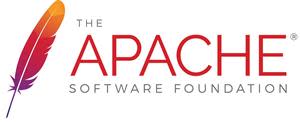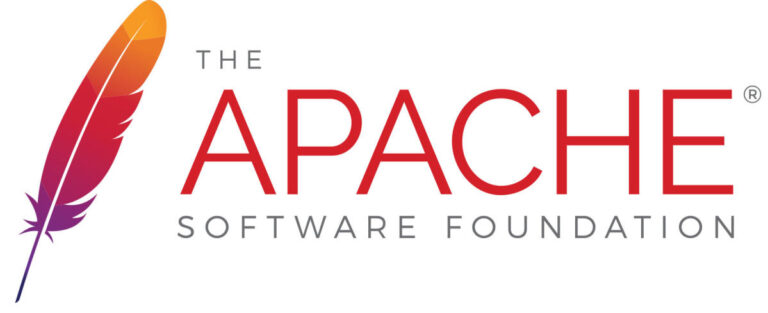

Latest release of framework enables rapid development of maintainable domain-driven apps for the Java programming language
WILMINGTON, Del., May 7, 2024 (Globe Newswire) — The Apache Software Foundation (ASF), an all-volunteer developer, maintainer, and incubator of more than 320 open source projects and initiatives, today announced that Apache Announcing Causeway 2.0 and 3.0. . Apache Causeway is an open source Java framework that enables rapid development of maintainable, domain-driven apps.
“Apache Causeway is the perfect framework for a wide variety of business applications,” said Jeremy Branham, Causeway community member and end user. “From building a robust ERP system for a large restaurant franchise to developing government regulation and policy management applications, Causeway’s flexibility and powerful features such as security, auditing, and transaction management are invaluable. At Savantly LLC, we are replacing SaaS subscriptions from leading vendors with custom modules built on Causeway, making Causeway the foundation for enterprise development.”
By reducing build times for domain-driven applications, Causeway provides users with many benefits, including increased business agility, reduced risk, early problem detection, and experimentation flexibility. Apache Causeway 2.0 and 3.0 are the first official releases of the project and are the result of more than five years of community collaboration and development effort.
Apache Causeway has also been replatformed to run on Spring Boot, allowing it to take full advantage of the capabilities of the Spring ecosystem (security, observability, data, etc.) and making it easier for Spring users to adopt. I did. Causeway 2.0 targets Spring Boot 2.x running on Java 11 using the javax namespace, while Causeway 3.0 targets Spring Boot running on Java 17 using the jakarta namespace. Targeting 3.x. Features between the two releases are otherwise equivalent, with key features and highlights as follows:
-
By leveraging Apache Wicket, Causeway dynamically generates user interfaces from the underlying domain object model, an implementation of the naked object pattern.
-
Dynamically generate REST and GraphQL APIs from the same domain model (using RestEasy and Spring for GraphQL, respectively).
-
Supports JPA persistence (EclipseLink) along with support for JDO persistence (DataNucleus).and
-
Provides dependency injection for both services and entities (leveraged by Spring itself).
This release also includes multiple improvements to the programming model, including:
-
Support for meta-annotations.
-
Mixin classes annotated as @Action, @Property, or @Collection.
-
New scalar value types and complex types (AsciiDoc, Markdown, Joda Time, Vega, etc.). Causeway also allows users to create custom value types.and
-
Support for Java record types as viewmodel and action parameter tuples (Causeway 3.0 and later).
“Causeway’s powerful domain modeling capabilities have enabled us to deliver a great ledger app with a lean team. This unique framework focuses on domain modeling and business logic to deliver lightning-fast delivery. while minimizing front-end development effort,” said Causeway community member llmar Ferreira. “If you’re looking to bridge domain experts and developers with top-notch, full-stack software, we think Apache Causeway is the solution for you.”
“We have been using Apache Causeway for almost three years and will continue to use it due to its robustness and ongoing maintenance. This has greatly improved our experience when implementing the framework,” said Hao Sun, a Causeway end user. “I salute everyone involved in this!”
For more information, see https://causeway.apache.org.
additional resources
About the Apache Software Foundation (ASF)
Founded in 1999, the Apache Software Foundation exists to provide software in the public interest with the support of more than 75 sponsors. ASF’s open source software is widely used around the world, with over 8,400 committers contributing to over 320 active projects including Apache Superset, Apache Camel, Apache Flink, Apache HTTP Server, Apache Kafka, and Apache Airflow. doing. The Foundation’s open source projects and community practices adhere to industry standards, including the widely adopted Apache License 2.0, the podling incubation process, and a consensus-driven decision-making model that enables projects to build strong communities and succeed. It is considered. https://apache.org
ASF’s annual Community Over Code event brings together open source engineers to share best practices and use cases, build important relationships, and learn about advances in their fields. https://communityovercode.org/
© Apache Software Foundation. “Apache” is a registered trademark or trademark of the Apache Software Foundation in the United States and/or other countries. All other brands and trademarks are the property of their respective owners.
CONTACT: Brian Proffitt press@apache.org Vice President, Marketing & Publicity The Apache Software Foundation




